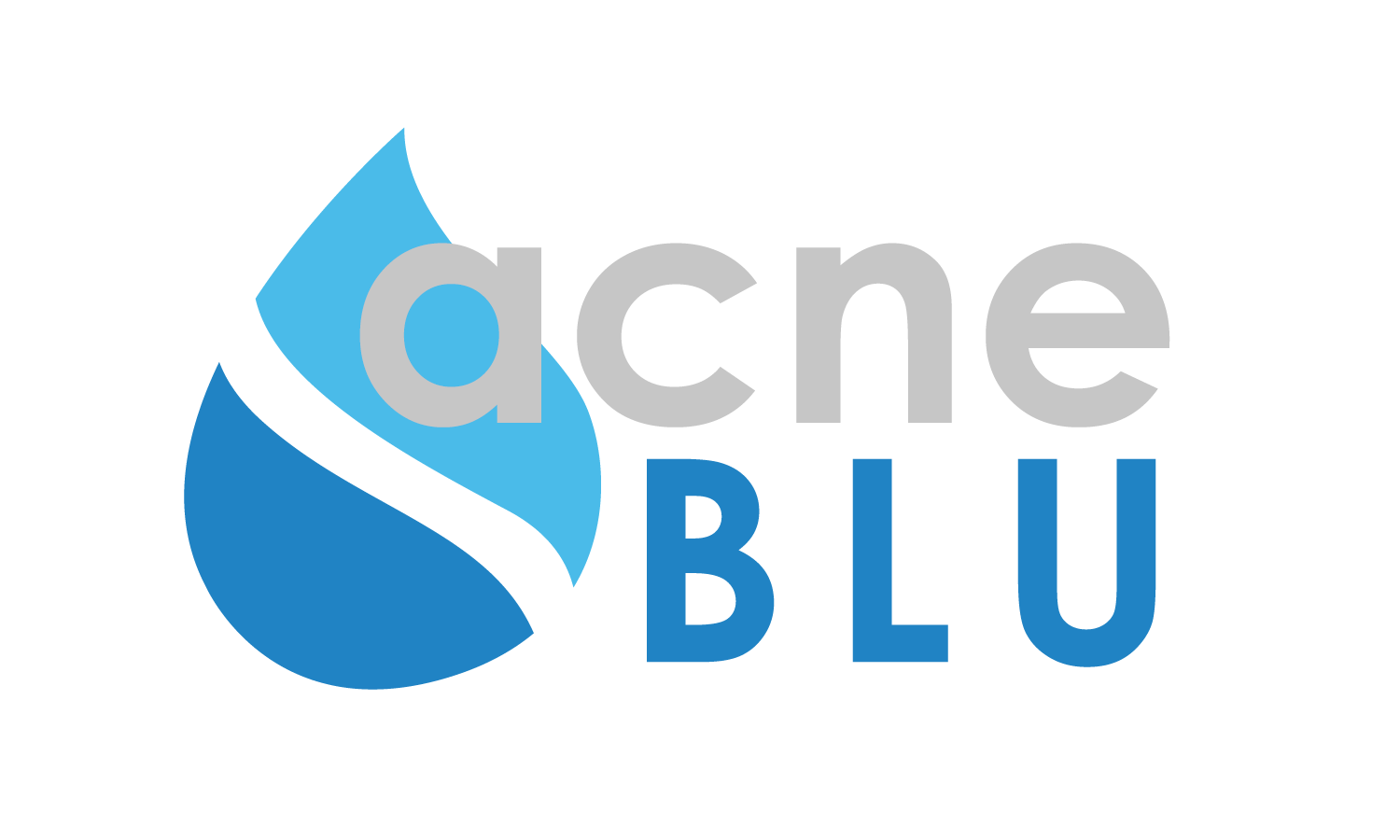2024/04/19 printed from http://dermboard.org All Rights Reserved

What are lice?
 Lice are tiny flat, wingless insects that feed on human blood. Lice can be found on the scalp, body (live in your clothes) and private areas (these on private areas are called “crabs”, and can also be found on your eyelashes, eyebrows, beard and armpits).

What are the signs and symptoms of having lice?
You will probably have intense itching (but sometimes none at all), maybe some rash in the form of small red itchy bumps (usually on the nape when you have head lice), and you can find nits on the hair, which look like tiny white bumps attached to your hair. Â Nits are lice eggs. If you cannot see any, but you still suspect that you have lice, then comb your hair twice over the white paper and examine the comb and the paper with magnifying glass. Â Body lice are usually found in seams of clothing, and it is also known as “vagabond’s disease”.

How did I get lice?
Lice do not fly, and do not jump so they only can spread by direct contact with other person, and by indirect contact by using someone else’s caps, combs, bedding or clothing. Â
How can I get rid of lice?
You can use over-the-counter treatment such as Nix, RID, A-200 or R&C kit. You should also use tight metal combs to comb out any nit or remaining lice. You should put anything that is washable in the “hot cycle†while washing (clothing, bedding, caps). Things that cannot be washed should be sealed in a plastic bag for 2 weeks (if you had head lice), or 4 weeks (if you had body lice). Carpets and furniture should be vacuumed at least once weekly. There is no need for home fumigation.
When should I see my health care provider?
If the measures above do no help, you should see your health care provider for prescription medicines. Since lice infestation on private areas (pubic lice or “crabs”) is considered sexually transmitted disease, you should see your health care provider to get tested for other sexually transmitted diseases as well. Â
